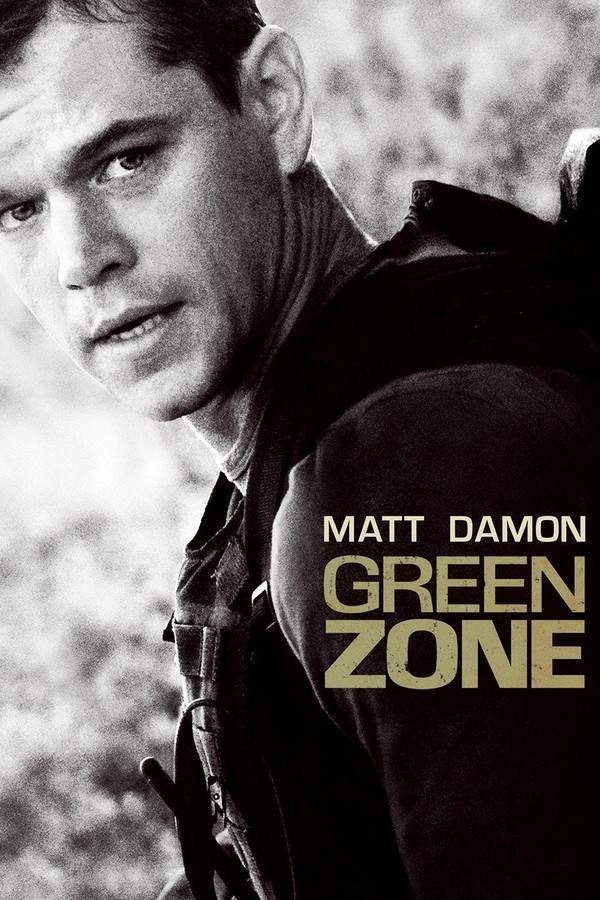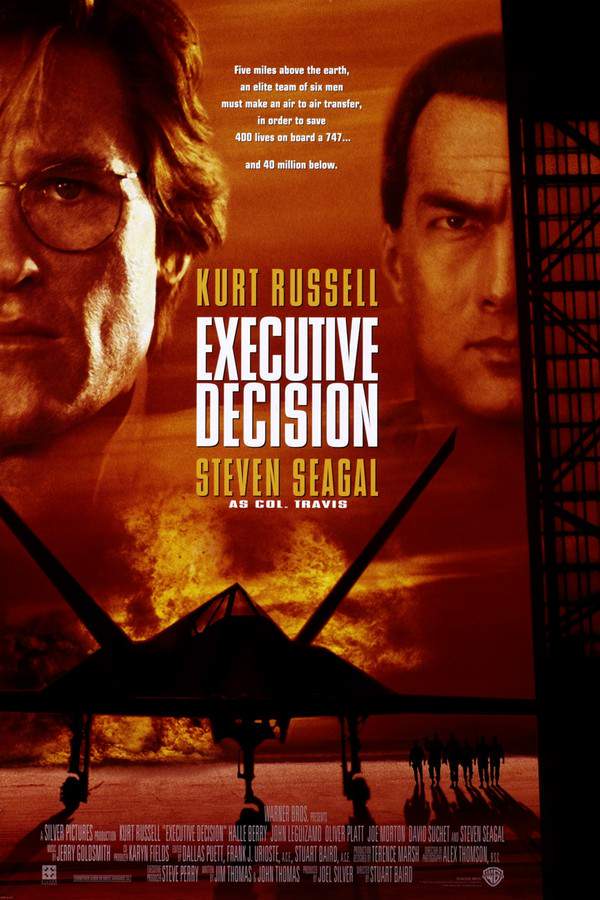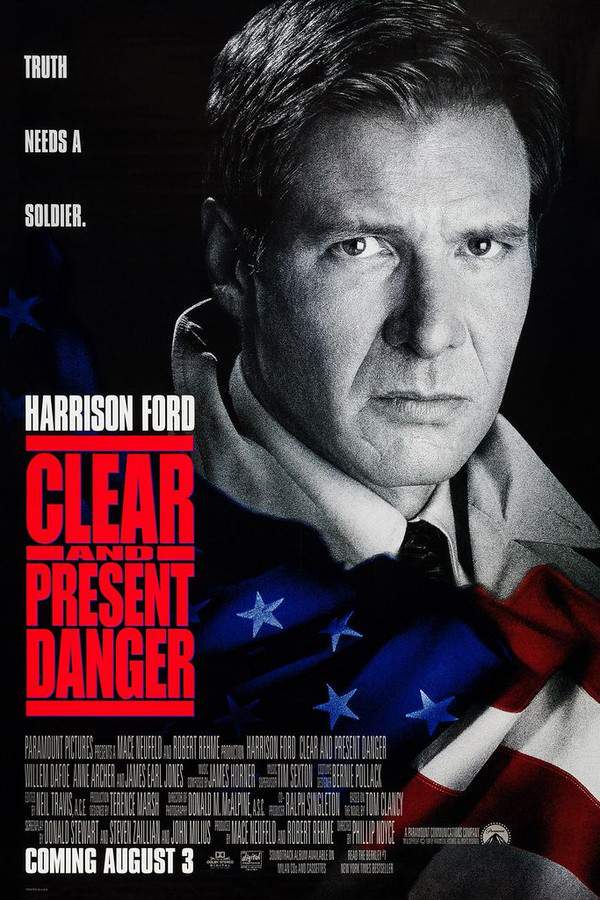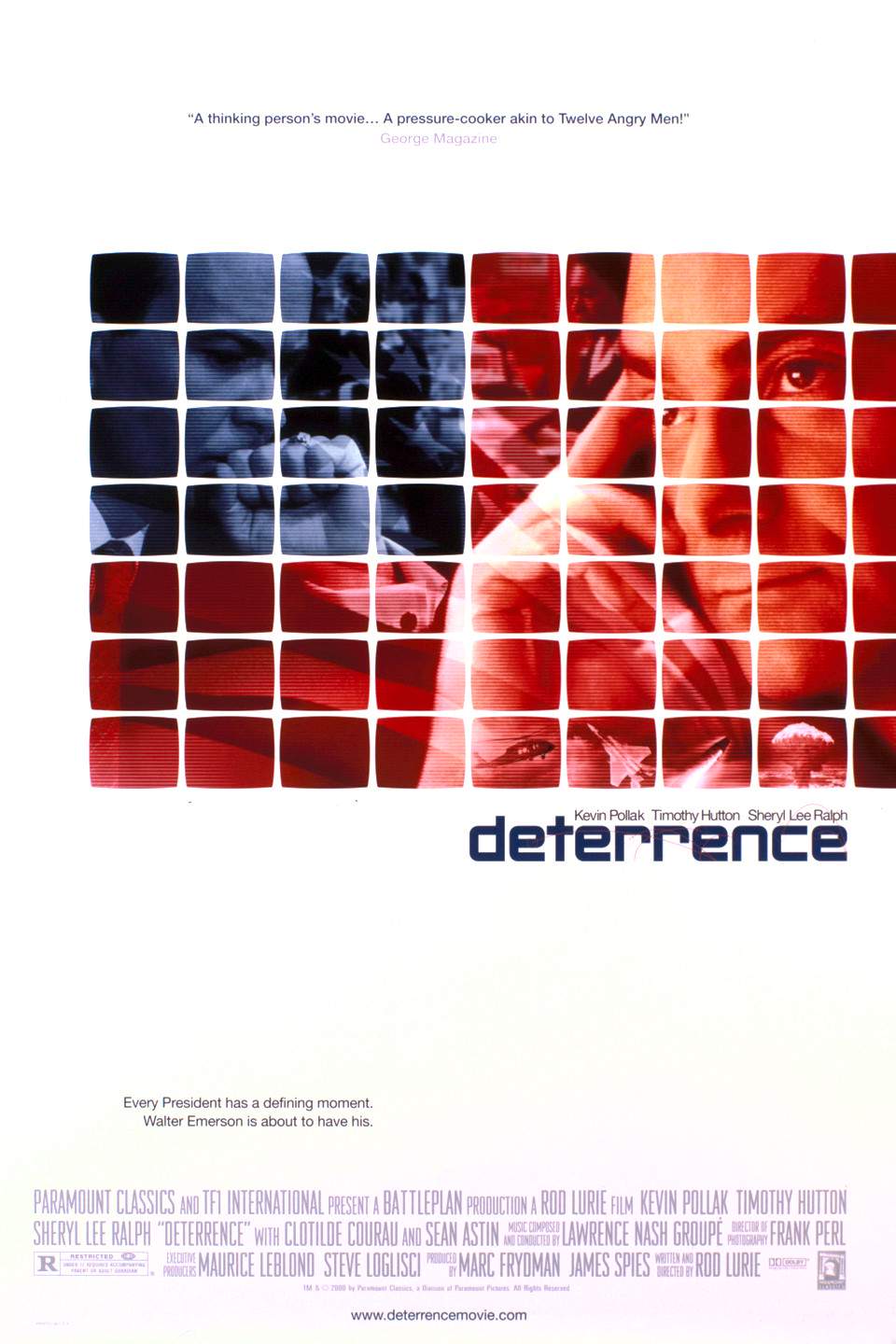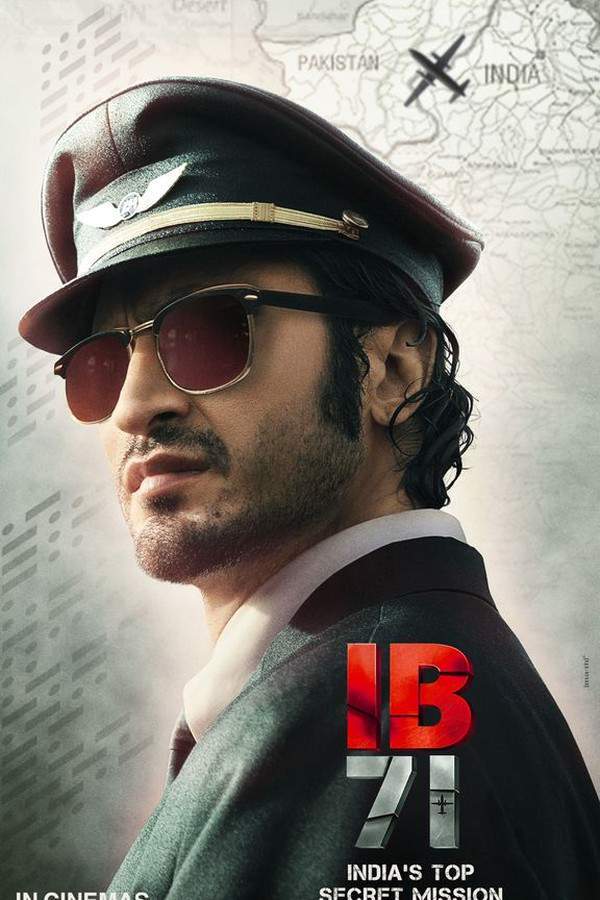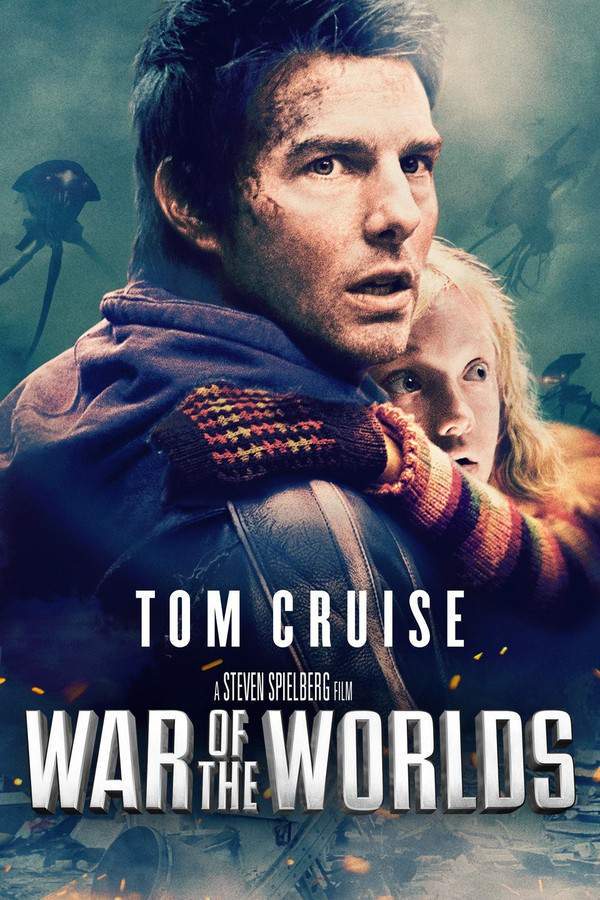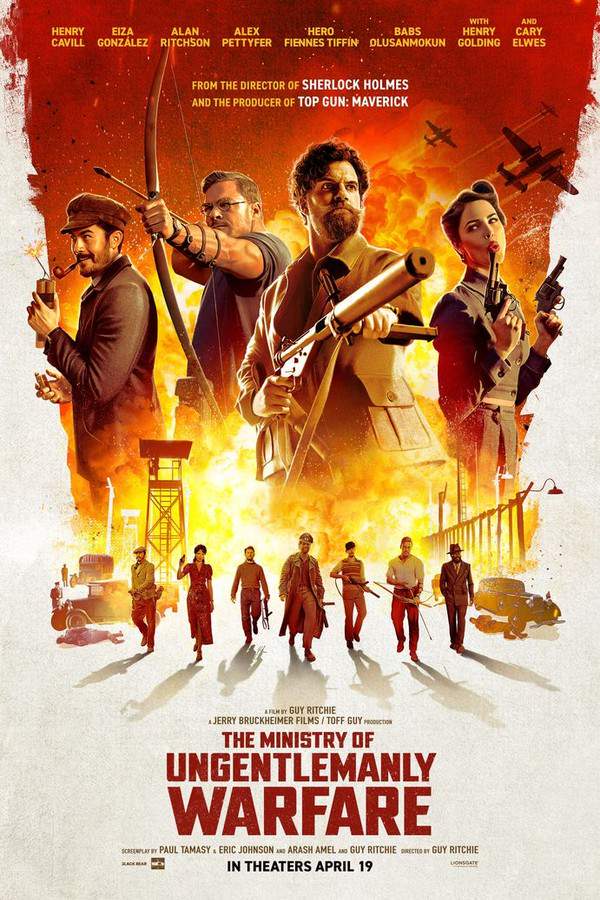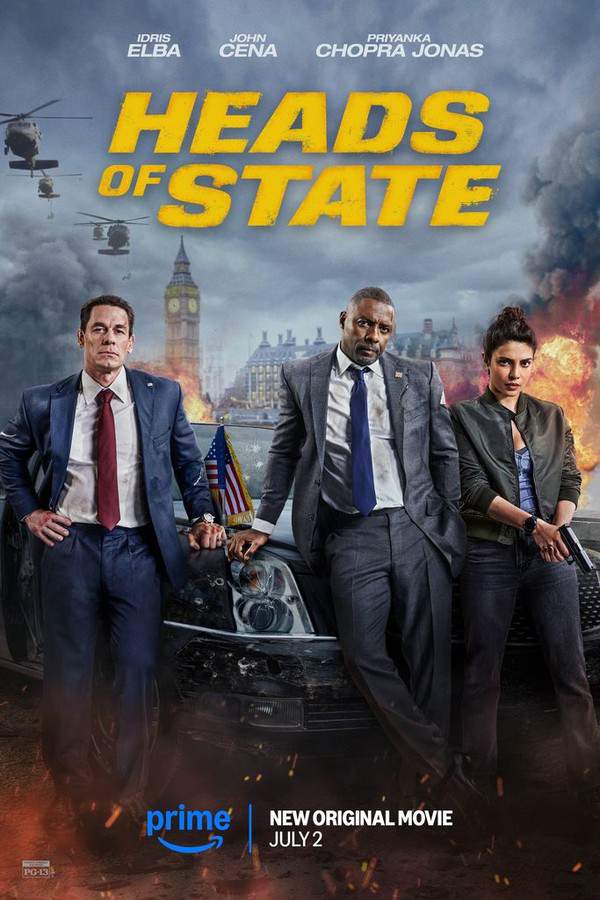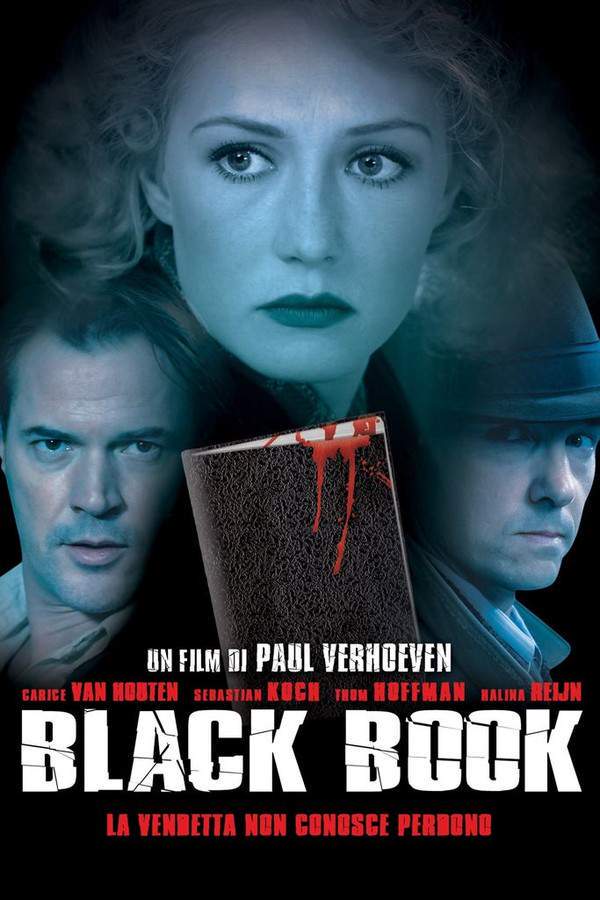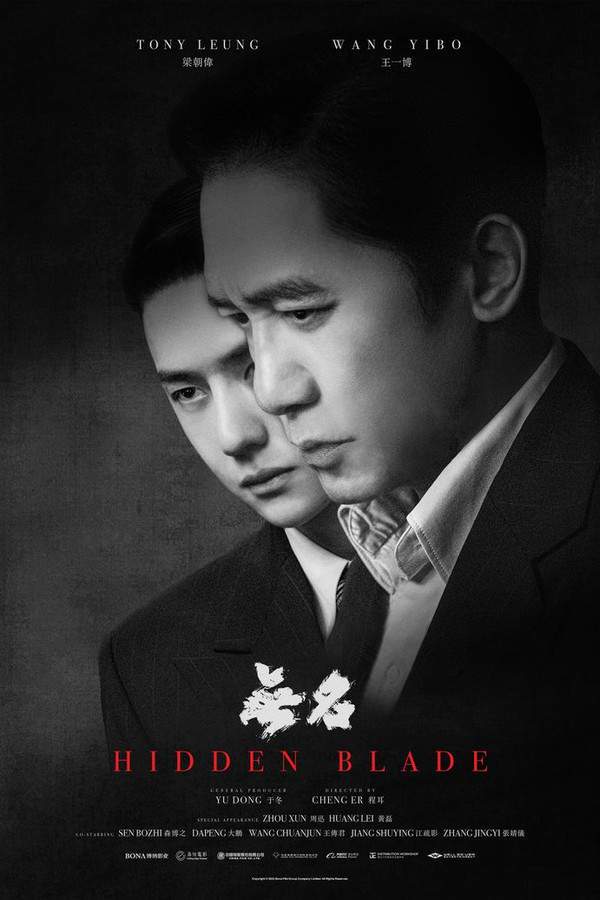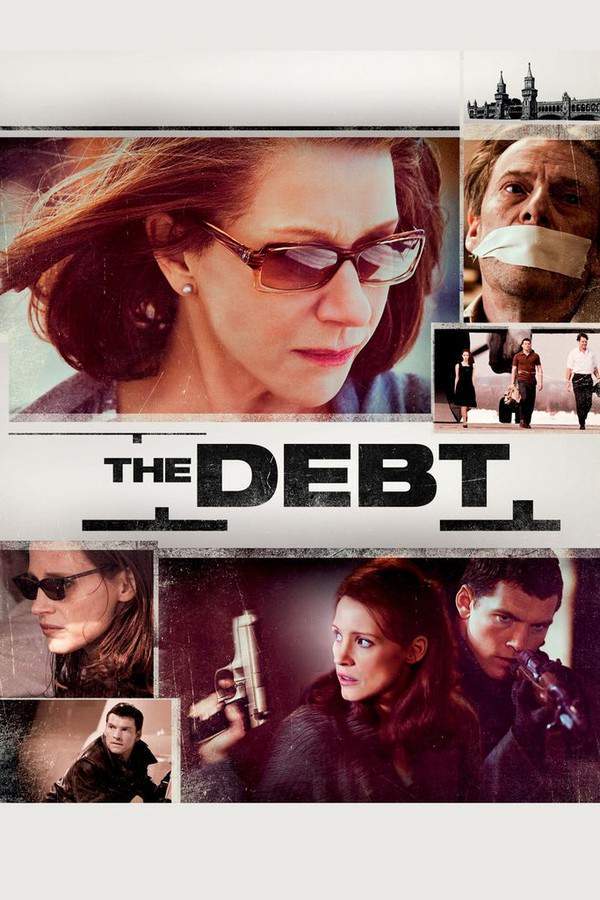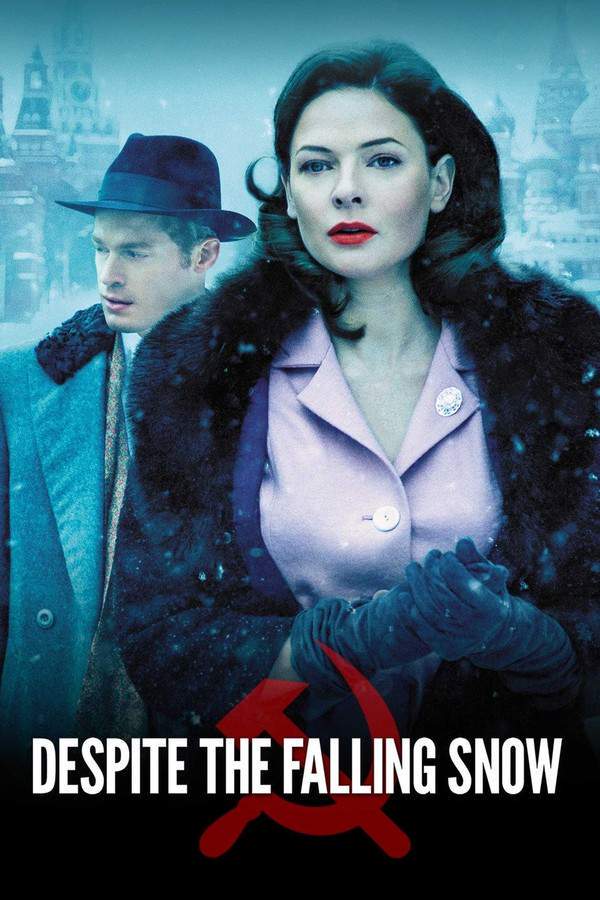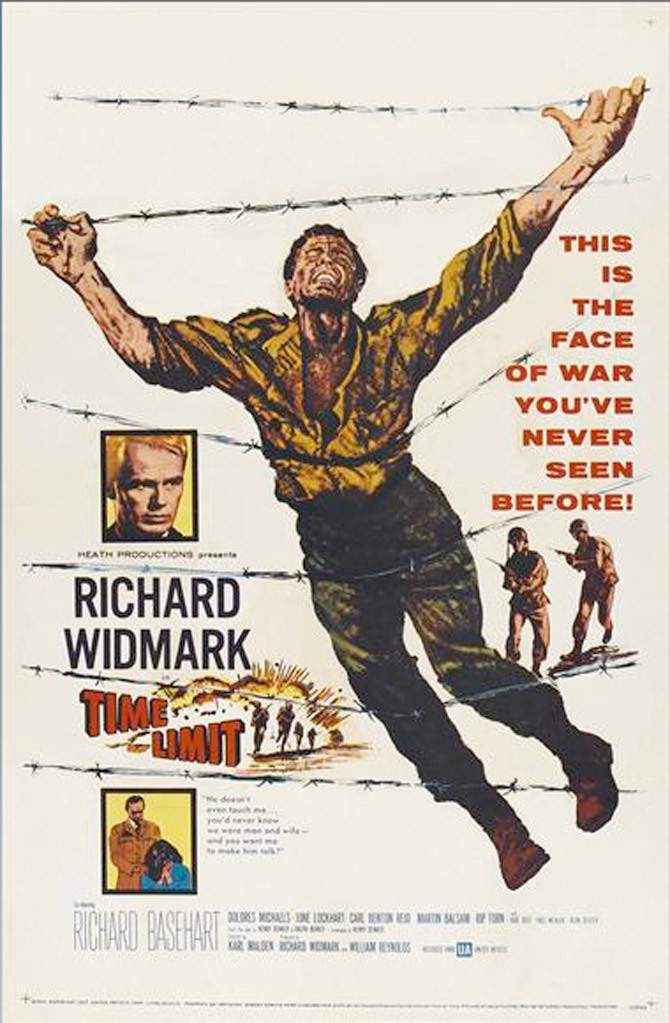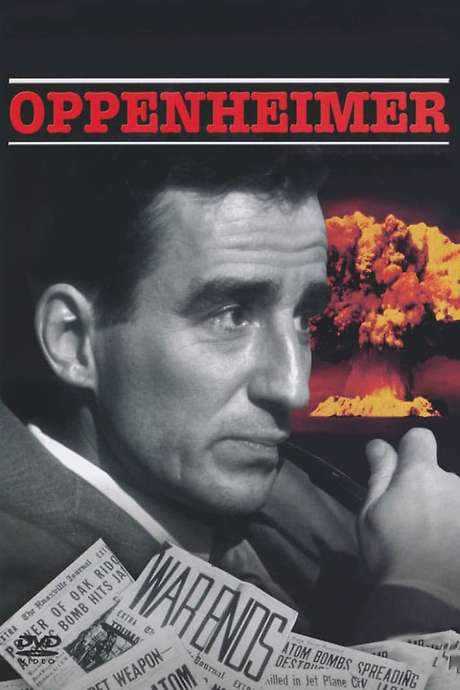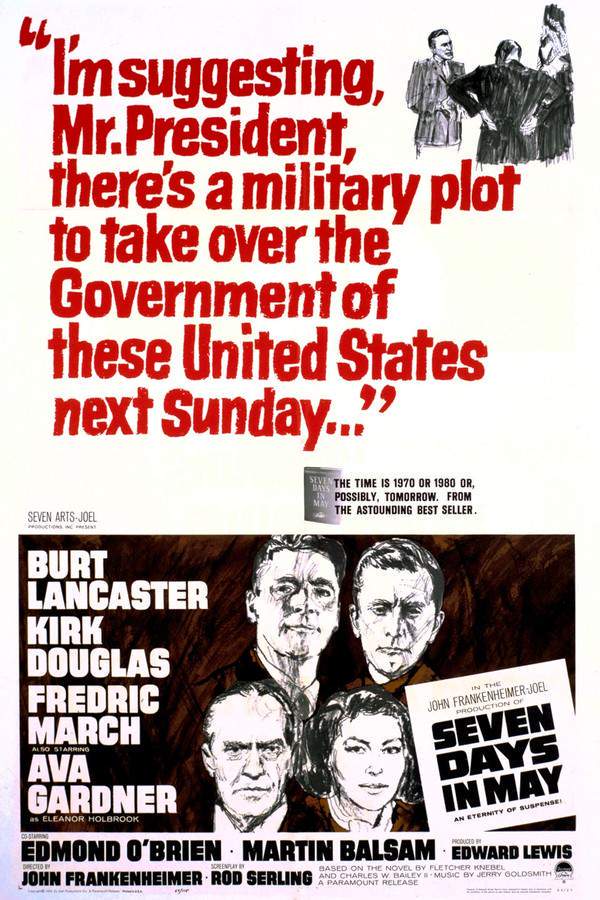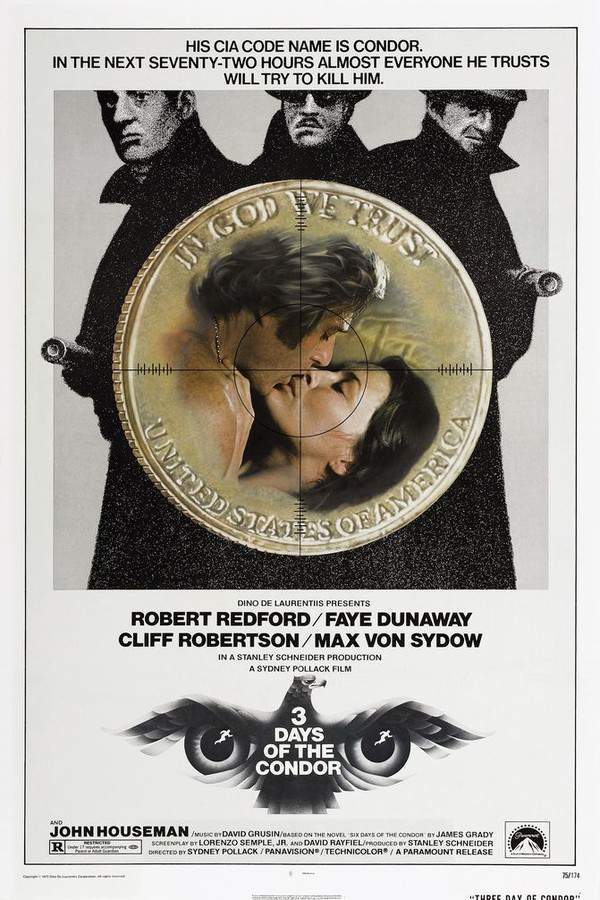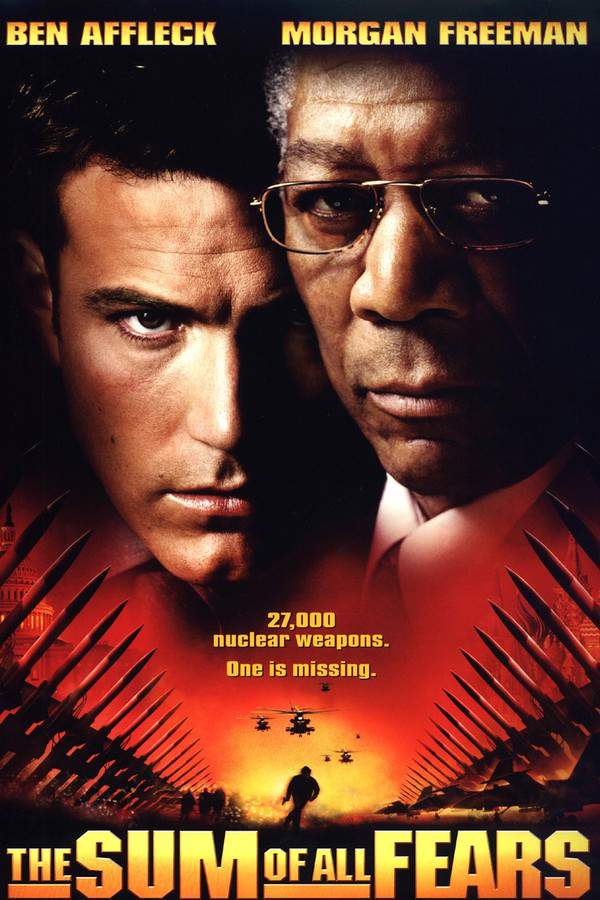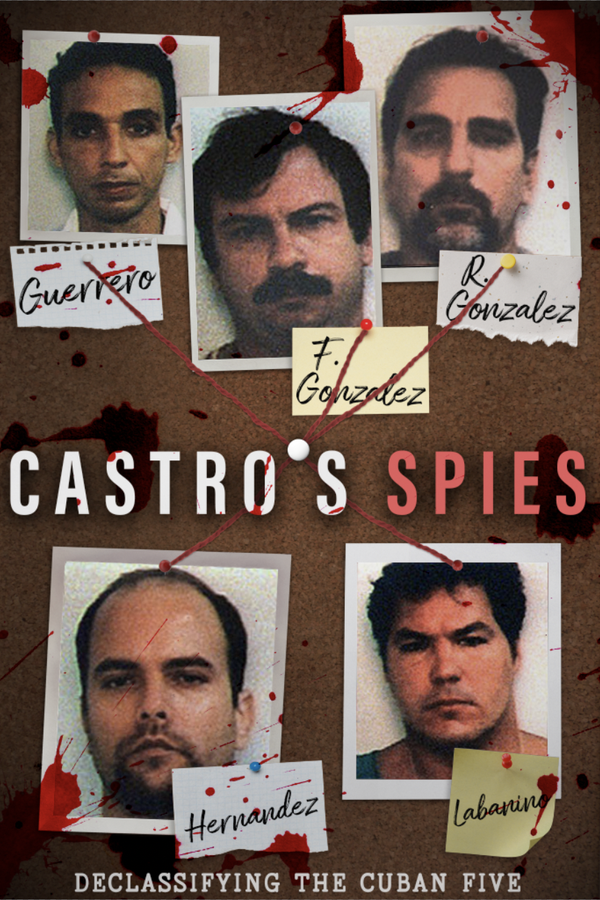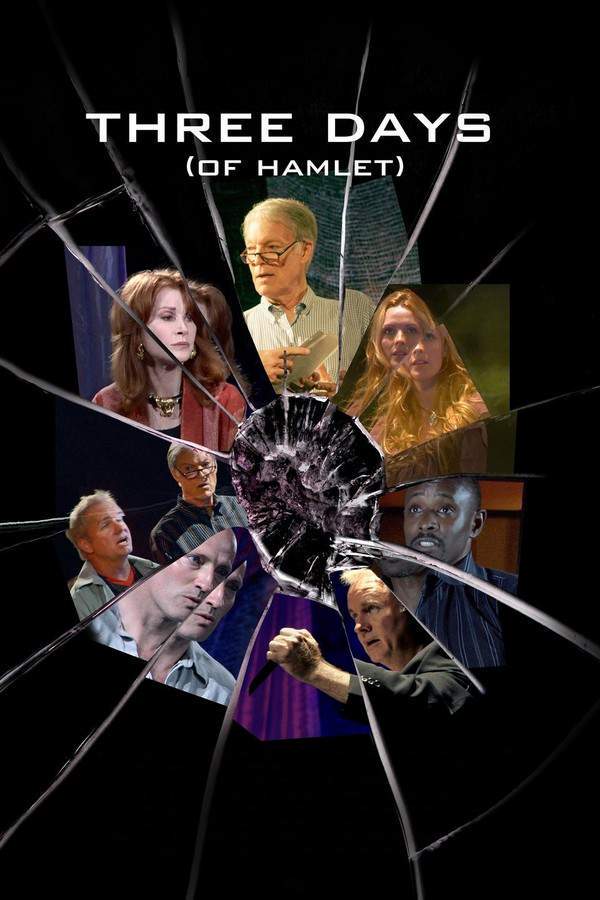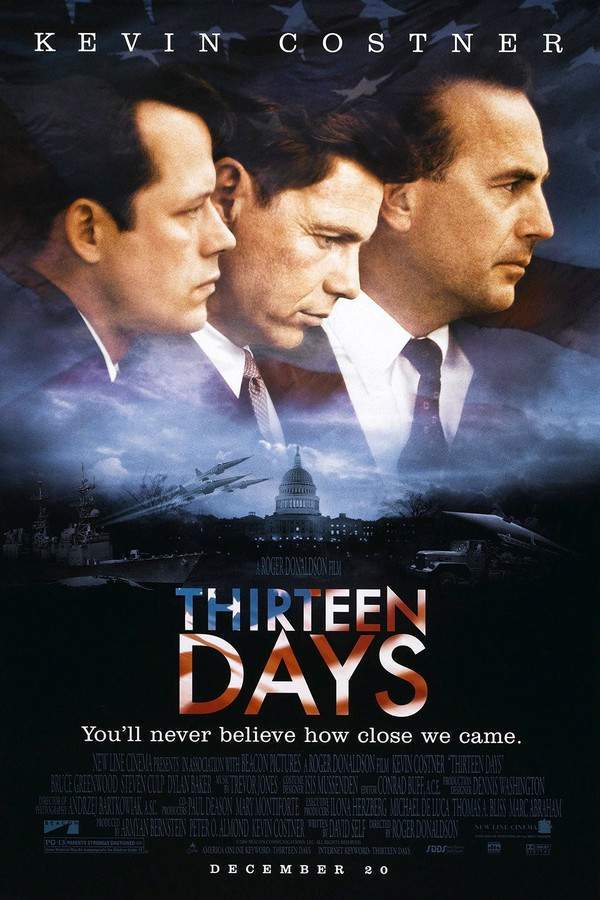
Thirteen Days
Year: 2000
Runtime: 145 min
Language: English
Director: Roger Donaldson
Budget: $80M
In October 1962, the United States and the Soviet Union faced off in a tense confrontation that brought the world to the brink of nuclear war. Thirteen days capture the high-stakes drama as President John F. Kennedy and his advisors grapple with the discovery of Soviet missile sites in Cuba. Facing immense pressure, they must find a way to avert disaster and prevent a catastrophic conflict that could have devastating consequences for all of humanity. The world watches as diplomacy and military strategy collide in a race against time.
Warning: spoilers below!
Haven’t seen Thirteen Days yet? This summary contains major spoilers. Bookmark the page, watch the movie, and come back for the full breakdown. If you're ready, scroll on and relive the story!
Thirteen Days (2000) – Full Plot Summary & Ending Explained
Read the complete plot breakdown of Thirteen Days (2000), including all key story events, major twists, and the ending explained in detail. Discover what really happened—and what it all means.
As the autumn of 1962 arrived, a wave of intense revelations unfolded on the global diplomatic stage. Aerial surveillance conducted by U-2 spy planes uncovered the Soviet Union’s secret endeavors to position intermediate-range ballistic missiles armed with nuclear warheads in Cuba. Faced with this critical threat, President John F. Kennedy (Kevin Costner) and his close-knit team of advisors were charged with the monumental task of devising a response that could thwart the activation of these powerful weapons without igniting a full-scale war.
In their determination to assert the United States’ steadfast resolve against any missile aggressions, Kennedy’s administration convened an urgent meeting to explore various courses of action. The Joint Chiefs of Staff strongly proposed swift military strikes against the missile sites followed by a total invasion of Cuba—a strategy fraught with the peril of Soviet retaliation and the looming threat of a global conflict.
However, Kennedy hesitated to embrace such aggressive measures, fully aware of the imaginable catastrophic aftermath. Drawing on historical lessons from The Guns of August, he acknowledged the dangers of outdated tactics leading to disastrous outcomes, as had transpired before World War I. This time, however, the stakes were much higher, with the potential for nuclear catastrophe hanging in the balance.
As tensions rose, the Kennedy administration aggressively sought a resolution that could defuse the missile threat sans brute force. They dismissed the idea of imposing a blockade—an act perceived as a declaration of war—instead opting for a strategy termed “quarantine.” According to this plan, U.S. naval forces would intercept any ships attempting to breach Cuban waters, meticulously inspecting them for arms destined for Cuba while ensuring adherence to international law.
The response from the Soviet Union was ambiguous, with some ships retreating from the quarantine, appearing to concede ground. Challenges to the standoff intensified, leading Secretary of State Dean Rusk to assert, > “We’re eyeball to eyeball and I think the other fellow just blinked.” As the impasse continued, Kennedy’s advisors diligently worked behind the scenes to keep spy plane operations under wraps, mandating radio silence and discouraging any reports of hostile engagement. With global peace hanging by a thread, the fate of Cuba, the U.S., and world security was perilously precarious.
As these geopolitical tensions simmered, ABC News correspondent John A. Scali found himself in the thick of a secret diplomatic initiative. Soviet “emissary” Aleksandr Fomin reached out to Scali, marking the beginning of a discreet dialogue that would be crucial in diffusing the Cuban Missile Crisis. Over a series of veiled communications, the Soviets offered to withdraw their missiles from Cuba in exchange for U.S. assurances that they would not invade the island. This communication, supposedly from Soviet Premier Nikita Khrushchev, was followed by a second, more aggressive message tying the removal of U.S. missiles in Turkey to the withdrawal of Soviet arms. Misinterpretations by the Kennedy administration led them to respond only to the initial, more favorable overture.
In the midst of this high-stakes chess match, the Pentagon embarked on incredibly risky maneuvers that raised the stakes significantly. Unbeknownst to Kennedy, Strategic Air Command elevated its preparedness status to DEFCON 2, dangerously close to war readiness. Simultaneously, a nuclear test named Bluegill Triple Prime was executed as planned, and a routine missile launch proceeded without the President’s awareness. Such oversights compounded the sense of urgency enveloping diplomatic efforts, casting a shadow over attempts to avert catastrophe.
With war looming larger, President Kennedy (Kevin Costner) anticipated a critical stall in hostilities, initiating preparatory strikes on Cuban missile installations while faced with relentless military urging to proceed with an assault within days. In a valiant attempt to preserve peace, he sanctioned a reconnaissance mission, dispatching a U-2 spy plane to collect vital intelligence on Cuba’s military infrastructure. Tragedy struck when the plane was downed, resulting in the death of its pilot, Rudolf Anderson, serving as a stark reminder of war’s potential consequences.
In a series of fraught discussions with his Executive Committee of the National Security Council, Kennedy meticulously weighed his options. He ultimately resolved to take one last leap of faith toward peace, sending his brother, Robert F. Kennedy, to engage with Soviet Ambassador Anatoly Dobrynin in a seemingly hurried quest for common ground. Their interaction was marked by urgency and underlying distrust as they conducted a delicate diplomatic ballet.
Bobby laid out the U.S. requirement for the Soviets to dismantle their missile capabilities in Cuba while assuring there would be no U.S. invasion. In response, Dobrynin demanded the removal of American Jupiter missiles from Turkey, perceived as a direct threat to Soviet security. In a stance laden with resolve, Kennedy’s envoy proposed a compromise: if the Soviets withdrew their missiles from Cuba, the U.S. would quietly dismantle its outdated Turkish missile sites within six months.
The stakes were high, yet the Soviets ultimately agreed to withdraw their missiles from Cuba, prompting a universal exhale of relief. As the crisis began to wane, President Kennedy found the time to draft a letter of condolence to the family of Rudolf Anderson, with the weight of responsibility bearing heavily upon him. The film culminates with the poignant audio of President Kennedy’s commencement address at American University resonating in the background, serving as a heartfelt reminder that amid chaos, the persistent hope for peace remains ever present.
Last Updated: November 19, 2024 at 18:36
Explore Movie Threads
Discover curated groups of movies connected by mood, themes, and story style. Browse collections built around emotion, atmosphere, and narrative focus to easily find films that match what you feel like watching right now.
War Room Thrillers like Thirteen Days
Gripping political dramas confined to tense rooms where global fates are decided.If you liked the high-stakes political tension of Thirteen Days, explore more movies like it. This thread features similar political dramas and historical thrillers where critical decisions are made in closed rooms, focusing on strategy, leadership under pressure, and preventing global catastrophe. For fans of intense, dialogue-driven crisis management.
Narrative Summary
These narratives typically unfold over a short, critical time frame, focusing on a small group of decision-makers facing an imminent threat. The plot is driven by strategic debate, intelligence analysis, and high-risk diplomacy, creating a claustrophobic sense of urgency. The emotional journey is one of immense stress and responsibility, often culminating in a resolution that carries heavy consequences.
Why These Movies?
Movies in this thread share a distinct combination of a confined, high-pressure setting, a cerebral and complex plot centered on strategy, and a consistently tense, heavy tone. They appeal to viewers who enjoy the intellectual and emotional intensity of watching leaders navigate the brink of disaster.
Brink of War Dramas similar to Thirteen Days
Suspenseful historical stories about humanity narrowly averting global catastrophe.Looking for movies like Thirteen Days? This thread collects films with similar themes of nuclear tension and cold war crises. These historical dramas and political thrillers explore moments where humanity stood on the brink of disaster, featuring high-stakes diplomacy, urgent pacing, and a bittersweet sense of relief mixed with the cost of survival.
Narrative Summary
The narrative pattern follows a historical or fictional crisis escalating to a point of no return. Characters, often leaders or diplomats, must navigate misinformation, military hawks, and their own principles to find a peaceful solution. The journey is one of rising dread, fraught with moments where a single misstep could trigger catastrophe, leading to an ending that acknowledges the tragedy narrowly avoided.
Why These Movies?
These films are grouped by their shared core theme of existential threat and their specific emotional mix: unbearable tension leading to a bittersweet resolution. They deliver a heavy emotional weight through a fast-paced, complex plot that examines a critical juncture in history or a plausible fiction.
Unlock the Full Story of Thirteen Days
Don't stop at just watching — explore Thirteen Days in full detail. From the complete plot summary and scene-by-scene timeline to character breakdowns, thematic analysis, and a deep dive into the ending — every page helps you truly understand what Thirteen Days is all about. Plus, discover what's next after the movie.
Thirteen Days Timeline
Track the full timeline of Thirteen Days with every major event arranged chronologically. Perfect for decoding non-linear storytelling, flashbacks, or parallel narratives with a clear scene-by-scene breakdown.

Characters, Settings & Themes in Thirteen Days
Discover the characters, locations, and core themes that shape Thirteen Days. Get insights into symbolic elements, setting significance, and deeper narrative meaning — ideal for thematic analysis and movie breakdowns.

Thirteen Days Spoiler-Free Summary
Get a quick, spoiler-free overview of Thirteen Days that covers the main plot points and key details without revealing any major twists or spoilers. Perfect for those who want to know what to expect before diving in.

More About Thirteen Days
Visit What's After the Movie to explore more about Thirteen Days: box office results, cast and crew info, production details, post-credit scenes, and external links — all in one place for movie fans and researchers.

Similar Movies to Thirteen Days
Discover movies like Thirteen Days that share similar genres, themes, and storytelling elements. Whether you’re drawn to the atmosphere, character arcs, or plot structure, these curated recommendations will help you explore more films you’ll love.
Explore More About Movie Thirteen Days
Thirteen Days (2000) Scene-by-Scene Movie Timeline
Thirteen Days (2000) Movie Characters, Themes & Settings
Thirteen Days (2000) Spoiler-Free Summary & Key Flow
Movies Like Thirteen Days – Similar Titles You’ll Enjoy
Seven Days in May (1964) Plot Summary & Ending Explained
Three Days of the Condor (1975) Movie Recap & Themes
Clear and Present Danger (1994) Story Summary & Characters
The Sum of All Fears (2002) Ending Explained & Film Insights
Castro's Spies (2022) Ending Explained & Film Insights
Deterrence (2000) Ending Explained & Film Insights
Three Days (of Hamlet) (2013) Movie Recap & Themes
The Coldest Game (2019) Ending Explained & Film Insights
By Dawn’s Early Light (1990) Full Movie Breakdown
12.12: The Day (2023) Ending Explained & Film Insights
The Missiles of October (1974) Ending Explained & Film Insights
Thirteen Days to Die (1965) Full Movie Breakdown
Twilight’s Last Gleaming (1977) Movie Recap & Themes
13 Days, 13 Nights: In the Hell of Kabul (2025) Plot Summary & Ending Explained
13 Hours by Air (1936) Detailed Story Recap

